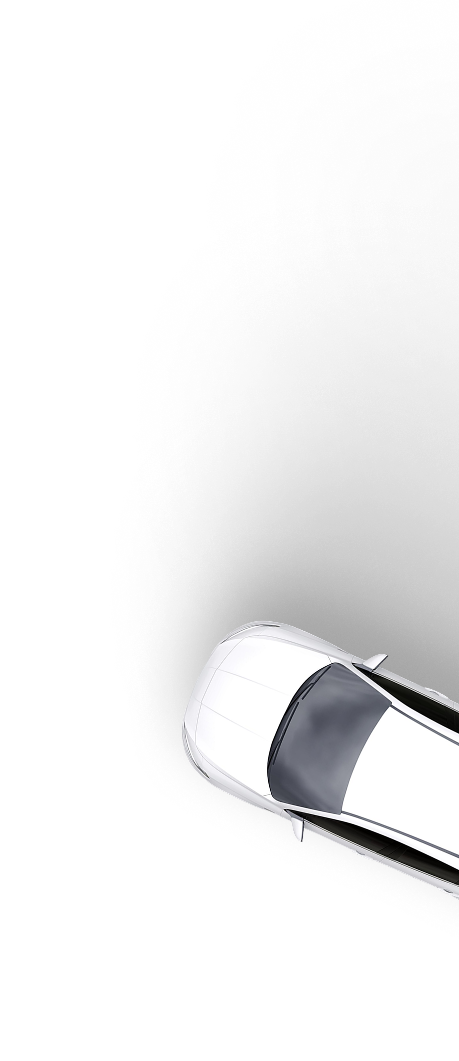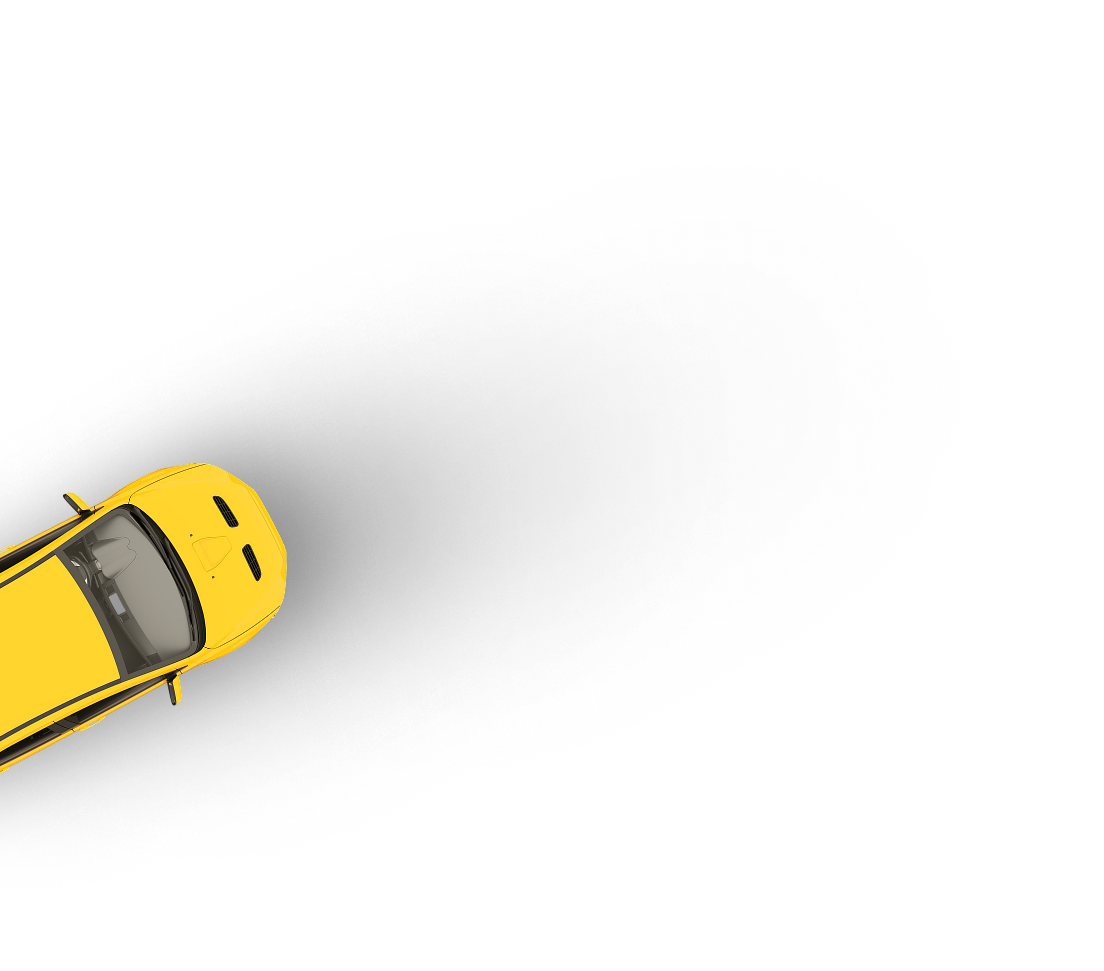Trade to trade car marketplace
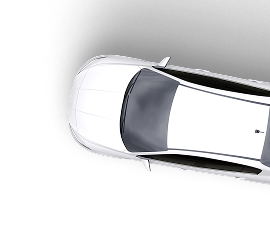
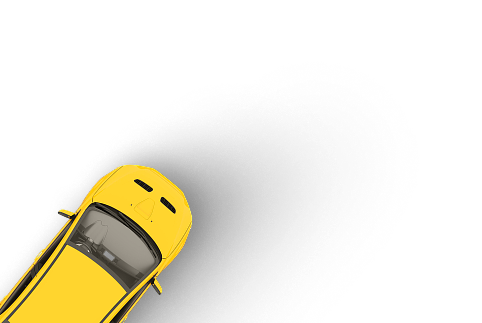
Trade-only marketplace
Flexible selling options
Maximise your profits
Bought a car? You can’t drive it until it’s taxed, even if it was taxed yesterday. This no-fluff guide breaks down exactly when, why and how to tax a car in the UK, so you stay legal from the moment you take ownership.
Last updated: 4th August, 2025
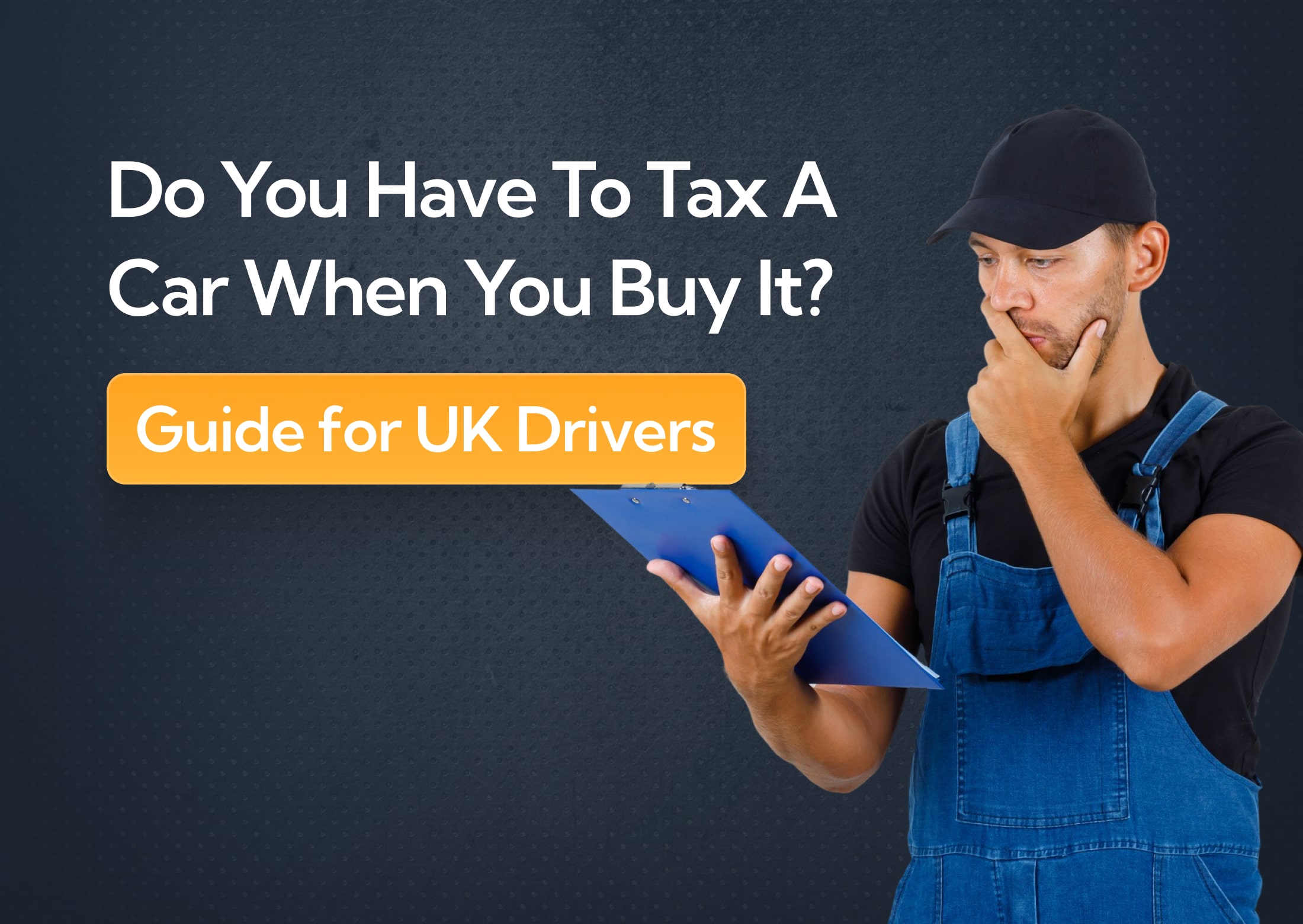
Listen to this story
Buying a car comes with a lot of excitement, and a few admin tasks. One of the most important is road tax.
When you buy a new car, it’s one of the first things you’ll set up. And if you buy used, the tax doesn’t carry over. Even if the previous owner just taxed it last week, you’ll still need to tax it yourself before you drive away.
In this guide, we’ll break down exactly when and how to tax a car, what happens if you don’t and the common mistakes to avoid, so you stay legal and stress-free.
Vehicle Excise Duty (VED), often called “car tax” or “road tax”, is a mandatory charge for most vehicles driven or parked on UK roads.
You’re required to pay it when you register or buy a car, whether it’s brand new or second-hand. The DVLA enforces road tax, meaning that failure to pay leads to fines, penalties and possibly automatic clamping.
VED is calculated based on:
There are two key parts to car tax:
The cleaner and cheaper your car, the lower the tax.
Fully electric vehicles used to pay £0, but that’s changed from April 2025. Now, newly registered EVs will be subject to the minimum payment of £10 for the first year and the standard rate of £195 for every year thereafter.
The UK government also introduced an Expensive Car Supplement for new registrations, which applies an additional £425 to the total road tax per year from years 2 through 6 if the vehicle’s list price is more than £40,000.
| How much is your car tax? | |||
|---|---|---|---|
| Vehicle type / age | First year rate | Standard rate (Year 2+) | Luxury surcharge (£40k+) |
| New EV (2025+) | £10 | £195 | +£425 for years 2-6 |
| New petrol/diesel/hybrid (2025+) | £10 to £5,490 depending on CO₂ | £195 | +£425 for years 2-6 if >£40k |
| Cars (2001–2017) | N/A (emissions bands annual) | £20 to £735 (emissions-based) | +£425 if >£40k & applicable |
| Cars (pre-2001) | N/A | £220 / £360 (engine size) | Not applicable |
You can calculate your car’s exact tax rate using the GOV.UK tax rate tables.
Yes, you must tax the car immediately. There’s no grace period. As soon as you buy a car, whether it’s from a dealer or a private seller, it becomes your legal responsibility to make sure it’s taxed before you drive it.
It’s also important to remember that car tax doesn’t transfer between owners. Even if the vehicle was taxed yesterday by the previous owner, it’s now considered untaxed in your name.
This rule applies even if:
You can be fined and the car could be clamped if it’s not taxed from the moment you take ownership.
Award-winning automotive entrepreneur, tech innovator, and founder of Car.co.uk, NewReg.co.uk & Recycling Lives.
Too many drivers assume the car they’ve just bought is good to go, but that’s how people get fined or clamped. It doesn’t matter if the dealer said it’s sorted or the previous owner just paid it. Once that logbook changes, it’s your name on the system. Always double-check the tax status before you turn the key, or else you’ll be the one on the hook for everything involving that car, including road tax.
If you’re buying from a dealership, they’ll usually handle the tax for you. Most dealers also include the first year of Vehicle Excise Duty in the “on the road” (OTR) price, alongside registration, number plates and delivery charges.
If they don’t tax the car on your behalf, chances are they’ll still walk you through the process before you drive off the forecourt.
That said, it’s always worth double-checking. Even if the dealer handles it, you’re still legally responsible for making sure the car is taxed once it’s registered in your name.
Always ask the dealer:
Buying from a private seller puts the paperwork on your shoulders, and that includes sorting out the car tax. Unlike dealership purchases, there’s no “on the road” bundle. You’re responsible for taxing the car the moment it becomes yours.
Many private buyers assume that if a car is already taxed, they’re good to go. Not true.
As we’ve already established, road tax is non-transferable. The moment ownership changes, the DVLA cancels the previous tax automatically and refunds any remaining full months to the seller.
That means the car is officially untaxed the second the seller tells the DVLA they’ve sold their vehicle, and driving it home without sorting the tax puts you at risk of fines and penalties.
You can tax the car online in minutes. All you need is the 12-digit green “new keeper” slip from the V5C logbook the seller gives you.
Here’s how to do it:
You’ll be taxed immediately and legally allowed to drive. You don’t need to wait for the new V5C logbook to arrive.
Buying from an auction house or salvage yard? You still need to tax the car before driving it. In most cases, auction vehicles are sold untaxed and unregistered to the new owner. That means you’re responsible for taxing it just like with a private sale.
Here’s what to keep in mind:
Taxing a car is quick and straightforward when you’ve got the right info. Whether you're buying from a dealership, a private seller or an auction, here’s how to do it:
Make sure you have the car’s registration number and one of the following:
You’ll also need valid insurance (you must be insured before you can tax it) and a valid MOT (if the car is over 3 years old).
You can tax your car in three ways:
Online and phone methods give you instant confirmation. The Post Office will give you a receipt — make sure you keep it.
You have three main payment options:


If the car is declared SORN (Statutory Off Road Notification), you don’t need to tax it, but you absolutely can’t drive or park it on a public road.
A SORN is a formal declaration to the DVLA that the car is off the road. It’s typically used if:
However, as soon as you want to drive it again, even just to move it a few streets, you must insure the car, tax it again and get a valid MOT (if required). You can remove the SORN and tax the vehicle instantly online through the process we’ve shown you above.
Don’t risk it: Driving a SORN vehicle on public roads can lead to fines of up to £2,500 or 5x the amount of tax chargeable, whichever is greater.
Even experienced drivers get caught out by the rules around taxing a car. These are the most common slip-ups and how to avoid them:
This is probably the #1 misunderstanding. Car tax does not transfer between owners. Even if the seller says, “It’s taxed until December”, that means nothing once ownership changes.
Always treat a newly purchased car — new or used — as untaxed until you tax it in your name.
It’s illegal to drive a car without tax, even just to get it home. There’s no grace period, and ANPR cameras or DVLA checks catch you instantly. The only exception is if you’re driving the car to a pre-booked MOT test, since you can’t tax a vehicle over three years without a valid MOT certificate.
If you're buying privately or at auction, tax the car online before driving it or arrange transport until you can. If you’re buying used and it doesn’t have an MOT, arrange an appointment directly after you pick up the car.
Some buyers try to tax a car using the previous owner's full V5C logbook without notifying the DVLA of the change. That won’t work. You need either the V5C/2 new keeper slip or a new V5C logbook in your name.
If the seller gives you the whole V5C logbook in their name, they’ve completed the selling process incorrectly. If they didn’t give you the right paperwork, chase it up immediately or apply for a new V5C using a V62 form.
No, there’s no grace period for car tax. The moment you buy a car, it’s your responsibility to ensure it’s taxed before it’s driven anywhere. ANPR cameras, DVLA checks and roadside enforcement are able to catch untaxed vehicles instantly.
If you’re caught driving without tax, you can face:
Tax the car immediately or arrange for it to be transported until you can. There are no exceptions. If you’re not ready to insure and tax it yet, declare it SORN and keep it off public roads until you are.
You can check a car’s tax status in seconds using the DVLA’s free online tool. Just go to Car.co.uk, enter the car’s registration number (number plate) and review the displayed details. This tool works for any car, whether you own it or are thinking of buying it.
No, you can’t tax a car without valid insurance. The DVLA uses the Motor Insurance Database (MID) to check that your vehicle is insured before allowing you to tax it. If your insurance isn’t active or doesn’t appear in the system, your tax application will be rejected.
Also double-check the start time. Some insurers activate the policy immediately, while others may start it from a future date.
Yes, you can definitely cancel your car tax and get a refund for any full remaining months. This happens when:
Once you notify the DVLA of the change (usually by updating the V5C or declaring SORN), they’ll automatically cancel the tax and issue a refund by cheque to the registered keeper.
Even if no money changes hands, the rules are exactly the same. When a car is gifted to a friend, partner or family member, the DVLA still treats it as a change of ownership.
It’s your responsibility to tell the DVLA and update the V5C logbook to reflect the change. From that point, the existing tax is cancelled automatically and the new keeper needs to tax the car immediately.
The person receiving the car will need either the V5C/2 from your logbook or a new V5C in their name to tax it. Make sure you make them aware of their responsibility before you give the car as a gift, because they’ll be on the hook for any fines if they’re caught driving it without tax.
If you’re the registered keeper of a car, you’re legally responsible for making sure it’s taxed. No one else.
If you’re buying from a dealership, they might handle the paperwork, but you still must confirm it’s been done before you drive away. And if you’re buying privately, at auction or receiving the car as a gift, taxing it is entirely on you.
There’s no grace period, no transfer of tax and no excuses.
